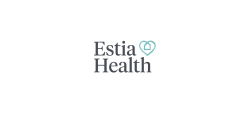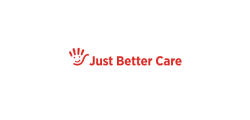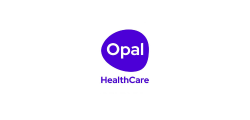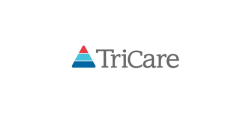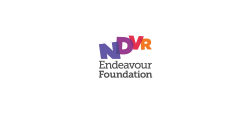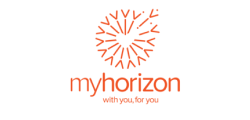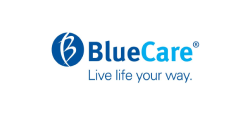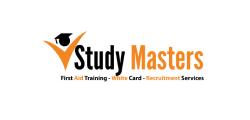Government Subsidies are available for selected courses
Learn more about state funding options and check your eligibility for funding by visiting your Residential State Page






Use the DP Training Recognition of Prior Learning (RPL) Pathway to convert your skills, knowledge and work experience into recognised qualifications. Study options available to fill any gaps in your skills, training and experience.
To determine if you are eligible for RPL and if it is the best option for your career advancement, you can take our “Skill Assessment Check” for free.

Study Your Way! Helping you reach your study goals, no matter what.

Our industry experienced trainers and teachers help our students gain real world knowledge and skills

Special one-on-one sessions every week to support students towards their individual goals or issues.

DP Training has been able to consistently provide job placements to students who study here.

Be a part of our valuable graduate community, consisting of DP training graduates making an impact in the industry all around Australia.

Turn your staff into high performing teams with specialised skill set trainings.

State sponsored funding available to eligible students

A new way forward for your career.
DP Training & Consultancy has been developed to meet industry demands in providing a range of quality vocational education and training programs within a range of industries.
DP Training and Consultancy can offer all students a study option that suits your individual needs and provide ongoing support to cater to your individual circumstances. Why wait. Enrol today!
Our team has worked hard to establish robust connections within various industries, providing our students with unparalleled opportunities to gain practical experience and stay up-to-date with the latest industry trends.
We understand that finding the right job can be a daunting task, but with our industry partnerships, we’re committed to helping our students secure fulfilling careers, which is why we’ve partnered with top companies to offer vocational placements and ensure that our training programs are always in line with current industry practices.
At DP Training, we believe that education should be more than just theoretical knowledge – it should be about empowering our students with the skills and connections they need to succeed in their chosen fields.
Head to our Industry Partners – Job Vacancies page and take the first step towards building a strong job network that will set you up for a lifetime of success!

